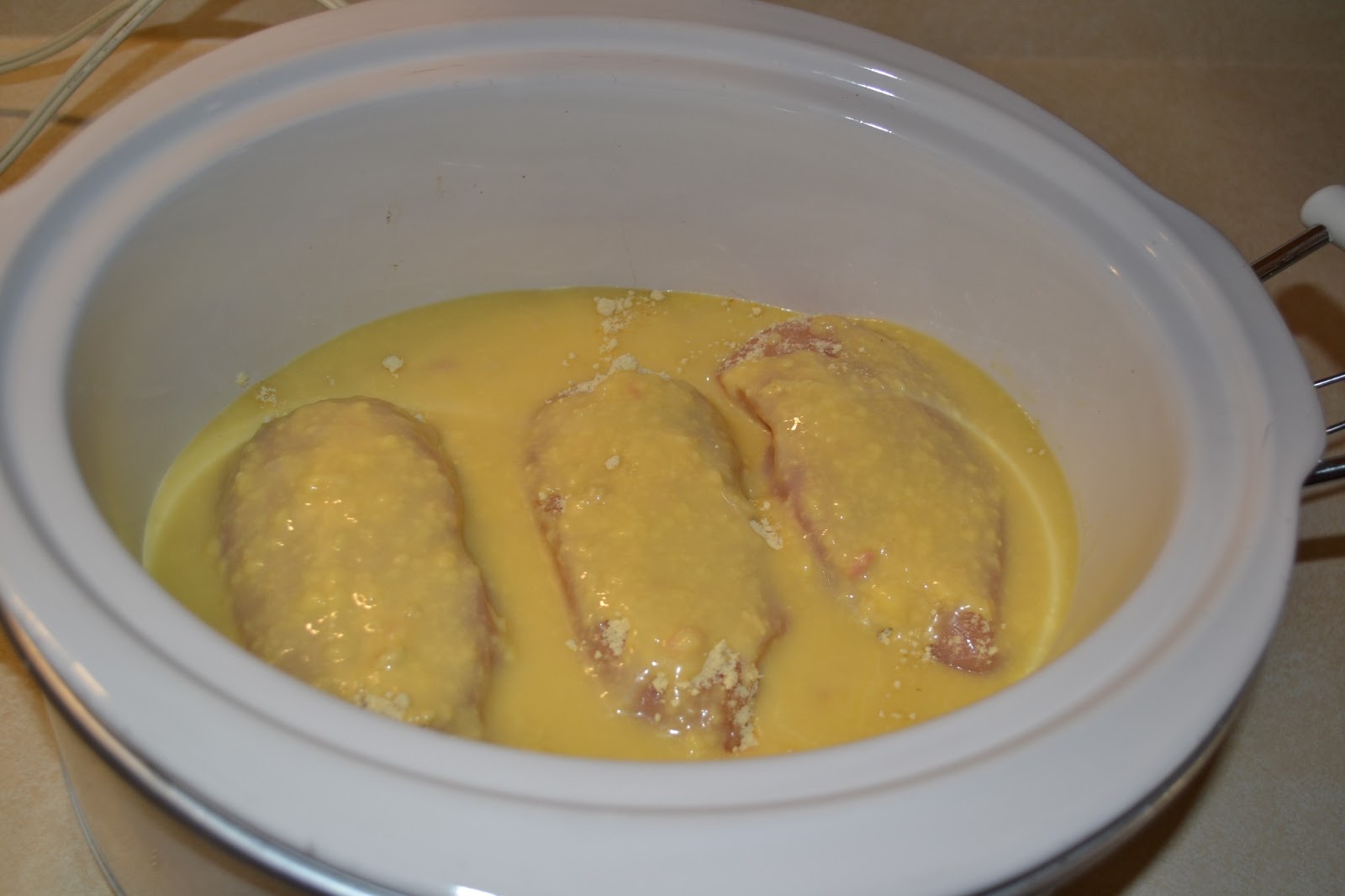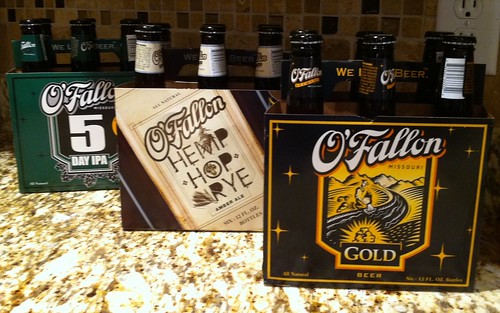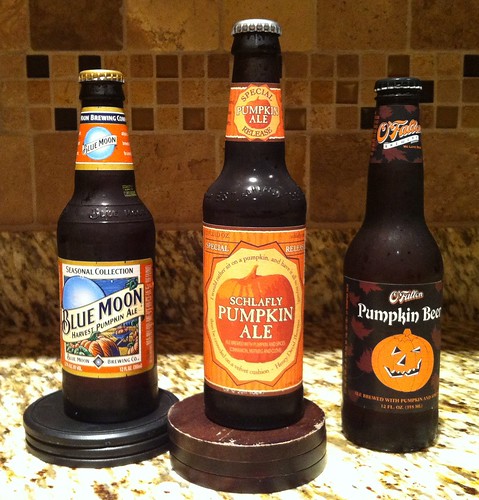It's Monday. Coffee me NOW!
For me you can pretty much substitute any day of the week into that first sentence for me. I like coffee. I am drawn to it. It makes me happy.
Really quick before we go on, I will put out a fun fact that I was at one time in the Food & Beverage industry very briefly. In that time I picked up 2 key facts (and 30lbs to my waistline): 1) No business wants to buy orange juice for $8 a gallon and 2) A pot of Coffee is pretty inexpensive to make. Since this time, I have taken these two lessons and have applied it to my OJ & Coffee interactions ever since. This history coupled with the fact that I am cheap was a perfect storm for what occurred last week on Twitter with
Kaldi's Coffee.
First off, I have apologized for being kind of an A-hole to Kaldi's but I will also do it publicly here.
Now on to the blog post... After this tweet exchange, Kaldi's offered to take the interaction with them to email. I'm all about learning and I love me some coffee so I felt it would be worth it. It was. And this is where I had my mind blown and
Kaldi's Coffee taught me a lesson in all things good coffee. Below is an email from them. It's lengthy but worth a read if you have ever complained about expensive coffee.
"Hi, John,
Thanks for giving me the opportunity to better explain why our coffee costs what it does.
My name is Mike. I work as one of the lead baristas at our Kirkwood cafe and also head-up Kaldi's online presence. No worries about the tweets. It is something I encounter daily at work. Explaining the cost behind our coffee is one of our biggest challenges, but really, it's a great opportunity to talk about coffee and what goes into your daily cup.
I've been working at Kaldi's for just over a year and a half and I still learn something new about coffee everyday. I was a regular customer before joining Kaldi's so I really do understand both sides. There are a ton of choices when it comes to buying coffee. So, at the very least, I hope you'll know what you're choosing when you buy coffee from us. We don't take that choice lightly.
I'll break down what goes into each cup with as much coffee jargon as possible aside. I tend to get wordy. Apologies for the length.
Kaldi's belongs to a group called the Specialty Coffee Association of America. That means, among many other things, that our guests should expect that the coffee we serve is among the best you will find in the world.
That starts with the coffee farmers, or producers as we like to call them. We travel to the coffee's origin working with producers to educate them on what we look for when we buy coffee, which in turns allows them to produce better coffee. Most farmers are concerned with quantity, while we are just concerned with quality. We are happy to then pay a premium for that coffee above what is paid for the majority of coffee you'll find. That in turn makes it a win-win for both sides. Producers are able to make a better living supporting their families and we're able to enjoy amazing coffees because they're able to focus on the quality, not just producing as much as possible. That's a big part of the higher cost.
All coffee we roast is considered speciality coffee, a designation given to only 3-7% of coffee produced in the world. We like to compare this to wine. Wines receive scores that allow them to more easily be judged on their quality. Coffee goes through a similar process, needing an 80 or higher score on a 100 point scale to be considered speciality coffee. Our green coffee buyer, Tyler, scores and samples all coffees in house and at the coffee farms and then chooses which ones we like the most. Just like you'll find cheap and expensive wines the same is true for coffee. You're paying for the experience you receive from it.
Next, our roasters in our roasting facility near Highway 40 & Vandeventer in downtown St. Louis roast our coffee. Most of our coffees and specifically our single origin coffees, or those that aren't blended into blends like our Cafe Kaldi or Espresso 700 and aren't flavored like our Highlander Grogg, are roasted lightly.
Generally, most people equate a dark roast with more flavor, but that really only depends on what flavor you are seeking. The reason most coffee is roasted on the darker side is because the ligher you roast it, the more the inherit qualities within the coffee bean are apparent when you brew it. So, if you are roasting already bad quality coffee beans, you'll get bad taste notes from the beans if you were to roast it lightly.
However, if you start with great coffee beans, roasting them lightly allows for those great taste notes to come out. Roasting it dark imposes a smoky, sometimes bitter taste. We try to impose as little flavor from the roasting process on the coffee. The coffee producers really do the heavy lifting when it comes to making great coffee so we try and leave their work as it is.
We bag, seal and label all 500,000+ pounds of coffee we roast every year by hand locally here in St. Louis.
Our baristas go through extensive training and a certification process to be able to work behind the espresso bar. It took me about a year to feel comfortable making drinks and go through the certification process, and that is pretty average. When we hire team members, the expectation is that they'll become a barista and are in it for the long haul, not as a temp position.
As we speak, we have a group of baristas who are training for a regional barista competition happening this next week. Winners from that go onto the US Competition and then the World Competition. We regularly send baristas who place regionally and nationally as some of the best baristas among baristas from across the country.
It sounds like you are just a drip coffee drinker, which is just fine. Our drip coffee brewers go through a calibration process by our roasters that is more scientific that I can even wrap my head around just yet. So, even though when I go to brew a pot of coffee for our drip bar I'm hitting a button to brew, it only tastes great because of their precise calibration along with the years of experience our roasters use to roast the coffee.
Our technical department actually services a good majority of coffee brewers and espresso machines in Missouri. Chances are even though it may not be using our coffee, we are the ones trusted to service the equipment.
So, to recap where the cost comes from, it boils down to buying the best coffees we can find at a premium and then extensively training and educating everyone along the chain from bean to brew.
Educating our guests about what goes into the coffee is a huge challenge we and other specialty coffee companies face, but I really do enjoy when I'm given a chance to.
Know that when you support us it's toward something bigger than coffee you'll find at say at a gas station or pre-ground and sealed in a 64oz canister.
Thanks for reading all of that. I highly recommend visiting one of our coffee cuppings, or tastings, held at our roasting facility every Friday at 2 p.m. It's free and our roasters host it. That's where I learn the most about coffee and it's pretty cool to get a behind-the-scenes look at the operation. They'll do a quick tour, too. All you have to do is just show up.
Please, let me know if that helps and if you have any further questions."
So, you can see. All coffee isn't created the same and I had my arse handed to me. I really wanted to take this opportunity to thank Kaldi's Coffee for taking some time out to kindly school my butt on coffee. I am going to try and not complain again about the price of coffee AND they may have just got a customer for life.
Commercial time......
I feel like a separate post to review their coffee will need to be made, but I feel that I should point out one of their Coffees now and you should buy it immediately.
It is their Highlander Grog and you can purchase it right here. All I can say about it is it is the "Bacon of Coffee". Its incredible and I want to copyright that phrase. I have thought this for several years now and its not just because of this interaction with them. Seriously buy some now. You will not be disappointed.


























